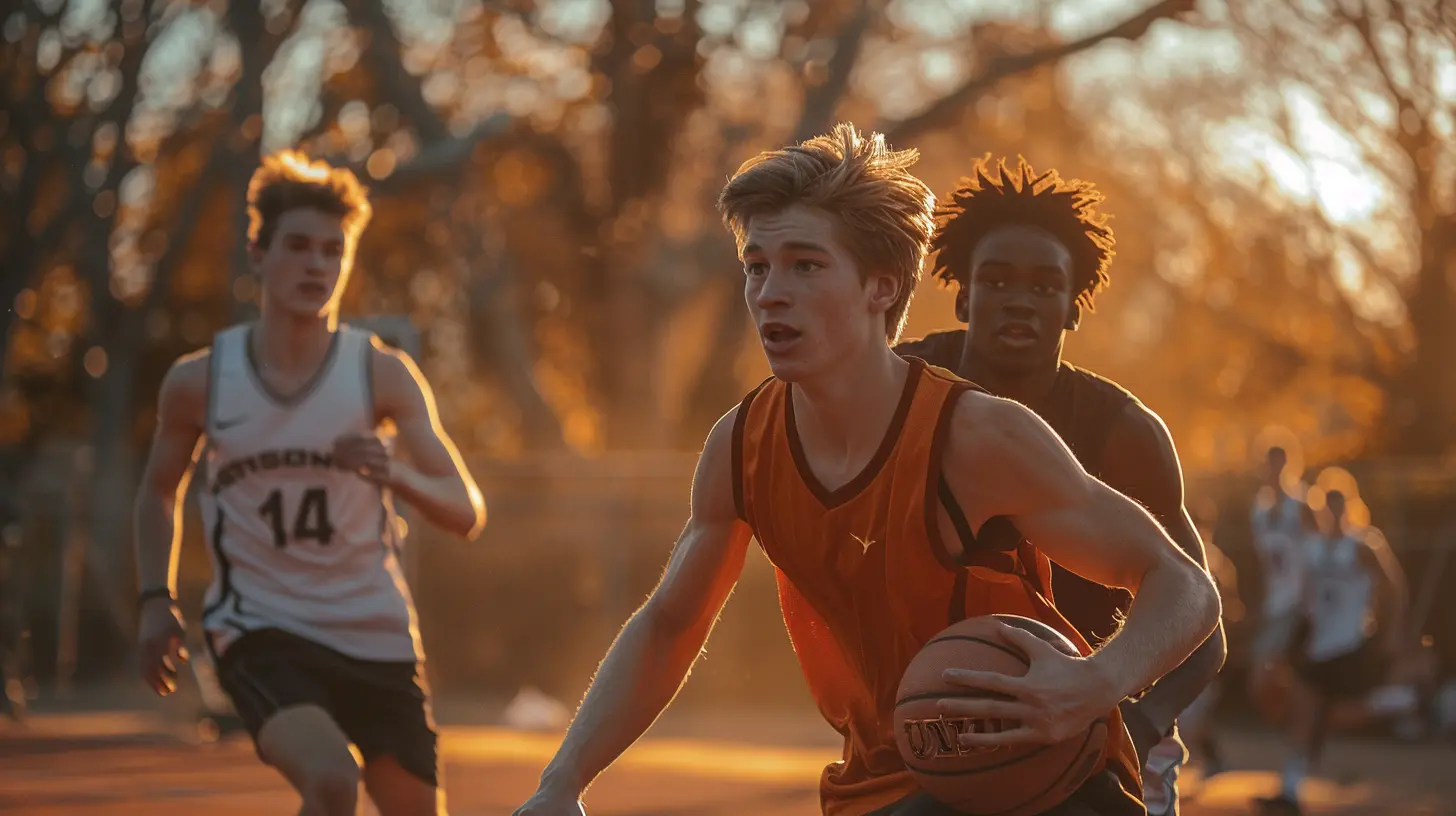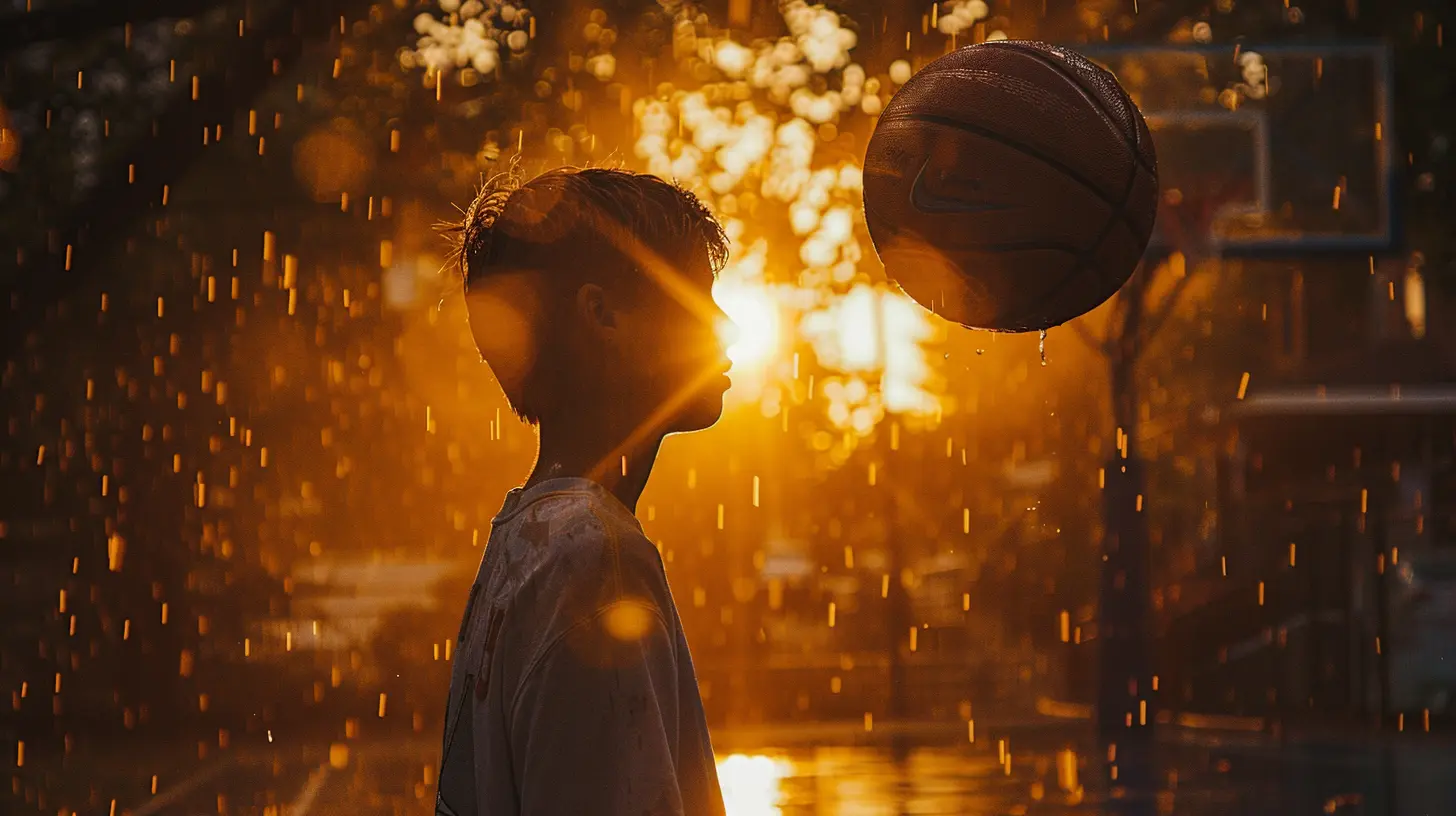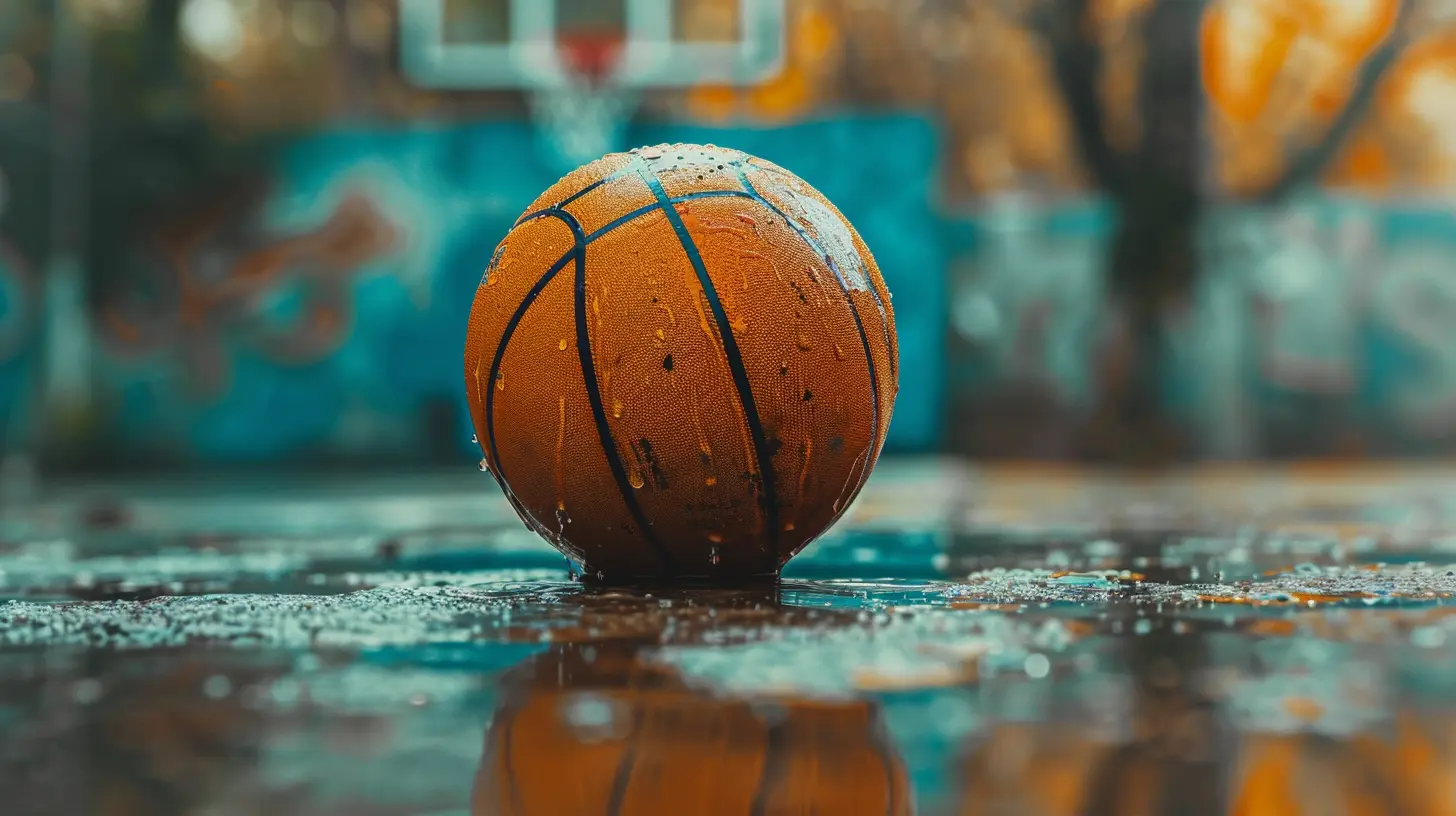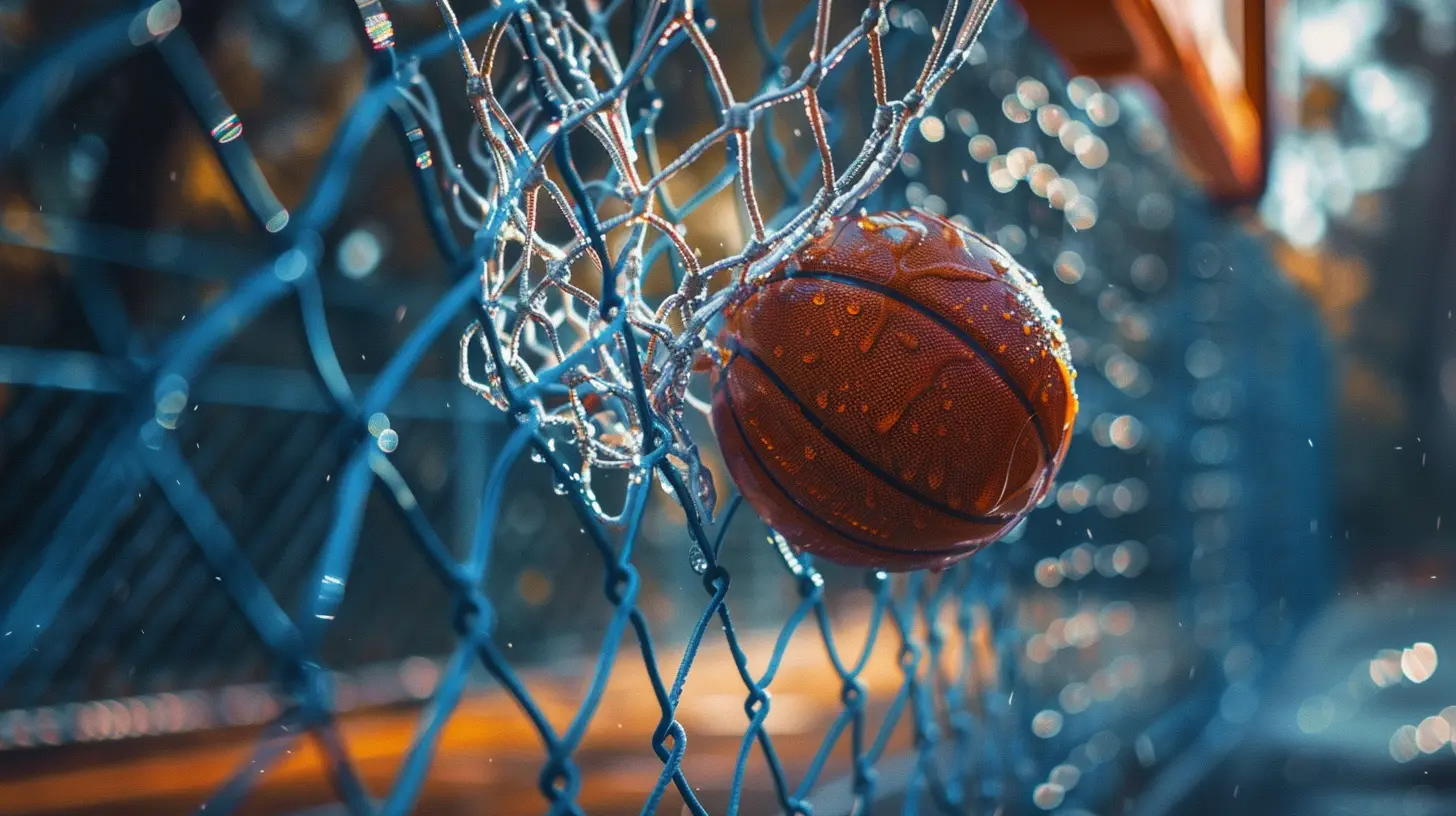The Role of Film Study in High School Sports: Learning From the Game
11 November 2025
When someone mentions film study in sports, your mind might immediately jump to pro-level athletes watching hours of footage in dark rooms with laser focus. But film study isn't just for the big leagues. In fact, it’s one of the most underappreciated tools for high school athletes looking to level up their game. Yep, we’re talking about the power of good ol’ game tape, and how it’s quietly shaping young athletes across the country.
So, what’s the deal with film study? Why are coaches and players alike carving out hours each week to sit, rewind, and watch themselves—and their opponents—on screen? Let’s dive into how this practice is changing the game (literally) for high school sports.
What is Film Study, Anyway?
At its core, film study is just what it sounds like—watching game footage, whether it’s scrimmages, actual matches, practice runs, or even competitor performances. Athletes and coaches break down what went right, what went wrong, and where improvements can be made.But here’s the thing—it’s not just about pointing fingers when someone misses a tackle or drops a pass. It’s about understanding why it happened.
Think of it like watching game-day replays, but with a purpose. Kind of like how a YouTuber watches back their content to see what worked and what didn’t—same idea, just with a ball and some turf (or a court, diamond, or rink).
The Coach’s Remote: How Coaches Use Film Study
Coaches might be the biggest fans of film study. Not because they like sitting in front of a screen for hours (though some probably do), but because it gives them insight they can’t always catch live during the chaos of a game.Breaking Down Tactics
Every play, movement, and positioning shows up on film. Coaches use game footage to dissect team strategy—what formations are clicking, which plays consistently fall apart, and where their athletes are most effective.They’ll jot notes, pause, rewind, rewatch—and then bring it to practice with a plan.
Teaching Moments
Sometimes, in the heat of the moment, it’s tough for players to realize what actually happened. A player might swear they were in the right position, or that they made the correct read. Film doesn’t lie. It’s like a neutral third party calling out the facts. And when those teaching moments come from the tape, they tend to stick.
The Player’s Perspective: Why Young Athletes Should Watch Themselves
If you’re an athlete, film study might sound like just another chore your coach assigns. But hear me out—this is your secret weapon.Seeing is Believing
Ever felt like you nailed that game, only to watch the tape and think, “Whoa… that was rough”? Or maybe the opposite—you thought you flopped, but the footage shows some excellent hustle plays or smart decisions?Watching yourself on film gives you a reality check. It’s humbling, sure, but it’s also super empowering. You get to see concrete evidence of your growth.
Understanding Tendencies
We all have habits—some helpful, some… not so much. Maybe you always favor your right when driving down the lane. Or you consistently backpedal too slowly on defense. Film study helps you see those patterns in living color. And once you see them, you can fix them.
Building Mental Reps: Why Watching is Training
Here's a little secret: not all training happens on the field or court. Some of the most valuable reps happen in your mind.Mental Muscle Memory
When you watch the same plays multiple times, you're training your brain to react better next time. It’s like installing new software—your mind starts to anticipate situations before they even happen. This is what top athletes call “football IQ” or “game sense.” And it’s gold.Slowing the Game Down
The game can feel like a blur—especially under Friday night lights with the crowd roaring. But when you’ve watched similar plays on film, your brain starts to connect dots faster. Suddenly, what once felt frantic now feels… manageable.Studying the Enemy: Scouting with Film
Everyone loves a good edge over the competition, right? That’s where opponent film study comes in.Spotting Patterns
By watching your rivals play, you’ll start to see patterns. Maybe their quarterback always checks down under pressure. Or their point guard favors the pull-up jumper over a drive. These little nuggets of information can turn the tide of a close game.Game Planning
Film allows coaches to tailor game plans specifically to what they know about the other team. It’s like walking into a test already knowing the questions. Preparation beats talent when talent doesn’t prepare, folks.How Technology Makes Film Study Easier Than Ever
Gone are the days of fast-forwarding VHS tapes and squinting at blurry footage. Today’s student-athletes have access to some seriously slick tools.Hudl, Krossover, and Beyond
Platforms like Hudl give teams the ability to upload, tag, analyze, and share video. Players can create personal highlight reels or rewatch individual plays from multiple angles—all in a matter of minutes.And yep, you can even pull it up on your phone while riding the bus to away games.
Annotation Tools
Coaches can now draw on-screen, add notes, and even quiz players through the app. It turns film study into an interactive, teachable moment—not just homework.Film Study Builds Leadership
Yep, you read that right. Watching tape can make you a better leader.Holding Yourself Accountable
Before you can lead others, you’ve got to take care of your own game. Watching yourself stumble—and owning it—builds character. It teaches humility and responsibility.Helping Teammates Improve
Once you start picking up on cues and patterns, you can help others do the same. Share what you’ve learned, offer constructive feedback, and help elevate the whole team. That’s what leaders do.Tips for Getting the Most Out of Film Study
Don’t just stare blankly at the screen. Approach film study with purpose. Here are a few simple tips:- Take notes – Write down key observations after each clip.
- Focus on one skill at a time – Don’t try to fix everything at once.
- Watch the whole team – Study how your teammates move, too.
- Ask questions – Coaches love when players are curious.
- Keep it positive – Film isn’t about dragging yourself down; it’s about building yourself up.
Real Talk: Is It Boring?
Alright, let’s be honest. Watching the same play seven times can get old. But remember this—every elite athlete, from LeBron to Mahomes to Serena, studies film. It’s part of the grind.You’ve got to find the value in the process. Make it fun. Turn it into a team event. Bring snacks. Laugh at the bloopers. Celebrate the highlights. You’re not just watching; you’re investing in yourself.
Life Lessons from Film Study
Film doesn’t just improve your game—it sharpens your mind. Being open to critique, learning from mistakes, preparing thoroughly, and constantly improving... these are life skills, not just game-day tricks.Plus, film study teaches patience. It teaches you how to pay attention to detail. And it reminds you that success isn’t just about talent—it’s about effort, insight, and the willingness to keep learning.
Final Whistle: Why Film Study Matters More Than Most Realize
In the world of high school sports, film study often flies under the radar. It’s not flashy. It doesn’t get standing ovations. But time and time again, it proves to be the edge that separates good from great.So whether you’re a player wanting to sharpen your skills, a coach trying to guide your team to victory, or a parent encouraging your young athlete—give film study the respect it deserves.
Because sometimes, the biggest plays happen off the field—one frame at a time.
all images in this post were generated using AI tools
Category:
High School SportsAuthor:

Frankie Bailey
Discussion
rate this article
1 comments
Maisie McEachern
Film study enhances player development and strategic understanding significantly.
November 11, 2025 at 11:43 AM

Frankie Bailey
Absolutely! Film study is crucial for high school athletes, as it deepens their understanding of the game and accelerates player development through visual analysis.


